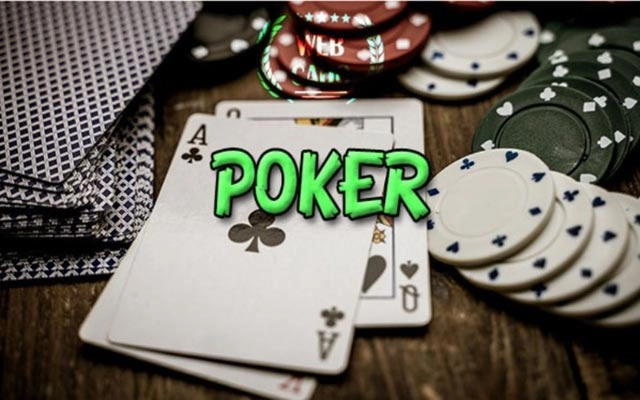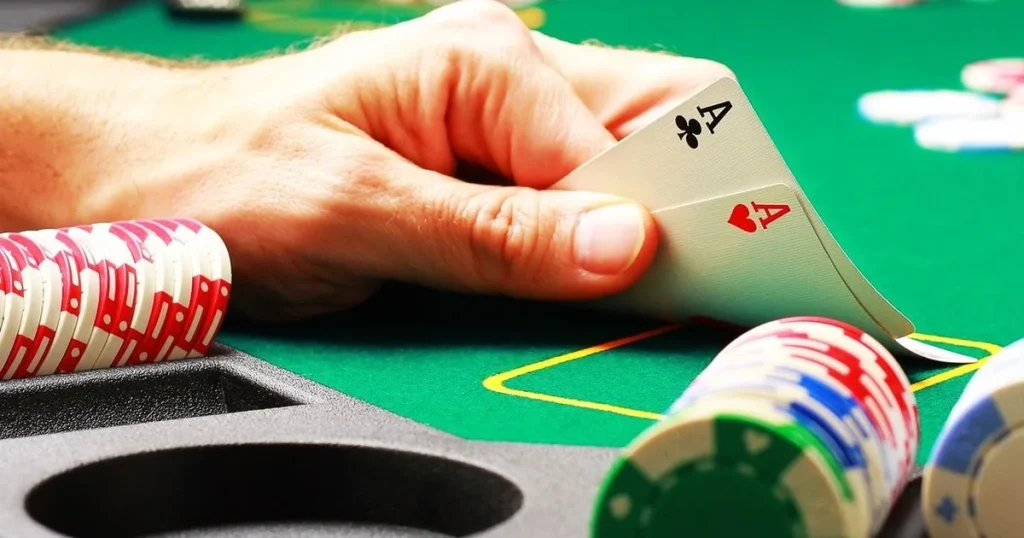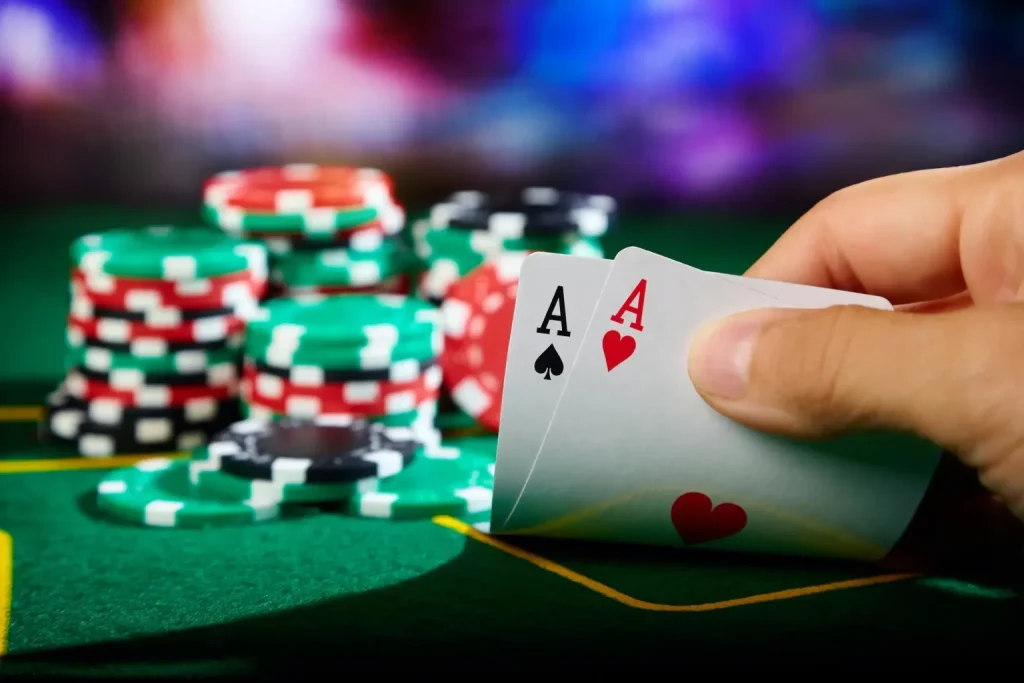In the vibrant world of online gambling, Poker has emerged as a leading attractive game, promising to bring unforgettable experiences and the ability to win big. Poker has conquered millions of players worldwide, especially in 2025. Let’s explore with 5JL the reasons why Poker is so attractive and learn effective Poker strategies to conquer this game!
What is Poker?
Poker is a card game in which players use a deck of 52 cards to create the strongest hand or to bluff their opponents into folding. The game involves multiple players competing against each other, betting on the strength of their hand or their ability to bluff their opponents. The ultimate goal of Poker is to win all the bets of the other players.

Variations of Poker
There are many different variations of Poker, each with its own rules and strategies. Some of the most popular variations include:
Texas Hold’em: This is the most popular variation of Poker, using a community deck of cards for players to create the strongest hand. The game starts with each player’s two private cards, and then five community cards are turned face up on the table. Players can use any cards in their hand or combine them with the community cards to form the strongest hand.
Omaha Hold’em: This variation also uses a community deck, but players are dealt more cards than in Texas Hold’em. The game starts with each player’s 4 private cards, and then 5 community cards are turned over on the table. However, players can only use 2 private cards and 3 community cards to form the strongest hand.
Razz: This variation uses a deck of 52 cards for players to create the weakest hand possible. The game starts with each player’s 2 private cards, and then 5 community cards are turned over on the table. Players need to use the 5 weakest cards in their hand to compare with other players.
Basic Poker Rules for Beginners
Before starting to play Poker, players need to understand the basic rules of the game. Here are the main rules of Poker:

Starting the game: Before the game begins, players must place an “ante” – a small amount of money placed before the cards are dealt. This is to ensure that there is money on the table to bet.
Dealing the cards: After the bets are placed, the dealer will deal 2 private cards to each player and then turn over 5 community cards on the table. In different variations of Poker, the number of cards and the way the cards are dealt can vary.
Betting rounds: After the cards are dealt, players can bet or fold. If a player wants to continue playing, they must bet at least the value of the “ante”. If no one bets, the last player wins.
Hand effect: When all betting rounds are over, the remaining players will turn over their cards to compare. The player with the strongest hand wins and receives the money bet by the other players.
Poker Table Terms
Like any other game, Poker has its terms to refer to situations and actions in the game. Here are some common terms in Poker:
Ante: A small amount of money is placed before the cards are dealt.
- Bet: The act of placing money on the table.
- Raise: The act of increasing the bet compared to the previous player.
- Call: The act of placing a bet equal to the previous player’s value.
- Fold: The act of giving up a hand and not participating in the current betting round.
- Draw: The act of changing cards during the turn after receiving new cards.
- Hand: The player’s strongest hand.
- Hand: The player’s weakest hand.
- Community cards: The cards that are turned up on the table and can be used by all players.
- Hole cards: The cards that are reserved for each player.
Effective Poker Strategies
To be a good Poker player, you need not only luck but also an effective playing strategy. Here are some basic strategies to help you conquer the game of Poker:

- Know when to fold
One of the most important elements of Poker strategy is knowing when to fold. If you have a weak hand or do not have the opportunity to improve your hand, fold early to avoid losing the extra money.
- Money Management – Poker Strategies
Money management is an important element of Poker strategy. Set a budget and stick to it. Do not bet too much money on a game. If you lose continuously, stop and wait until you have a better hand.
- Learn card-playing strategies
Card playing strategies are an important part of Poker strategy. Learn different strategies and apply them to your game. Some common strategies include:
Bluffing: Fooling your opponent by betting heavily with a weak hand or no good hand.
Slow playing: Slowing down the pace of play to make your opponent think your hand is weak, then raising the bet when you have a stronger hand.
Semi-bluffing: Fooling your opponent by betting heavily with a weak hand but with the opportunity to improve to a stronger hand.
